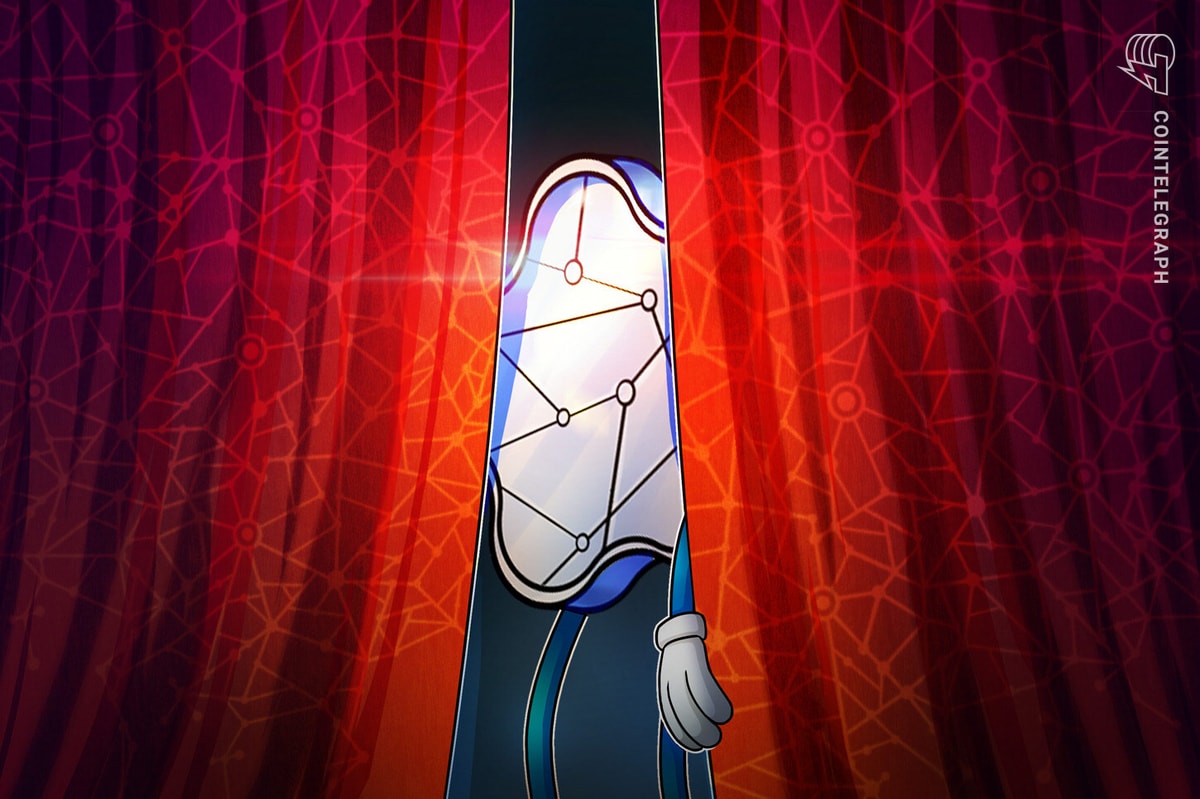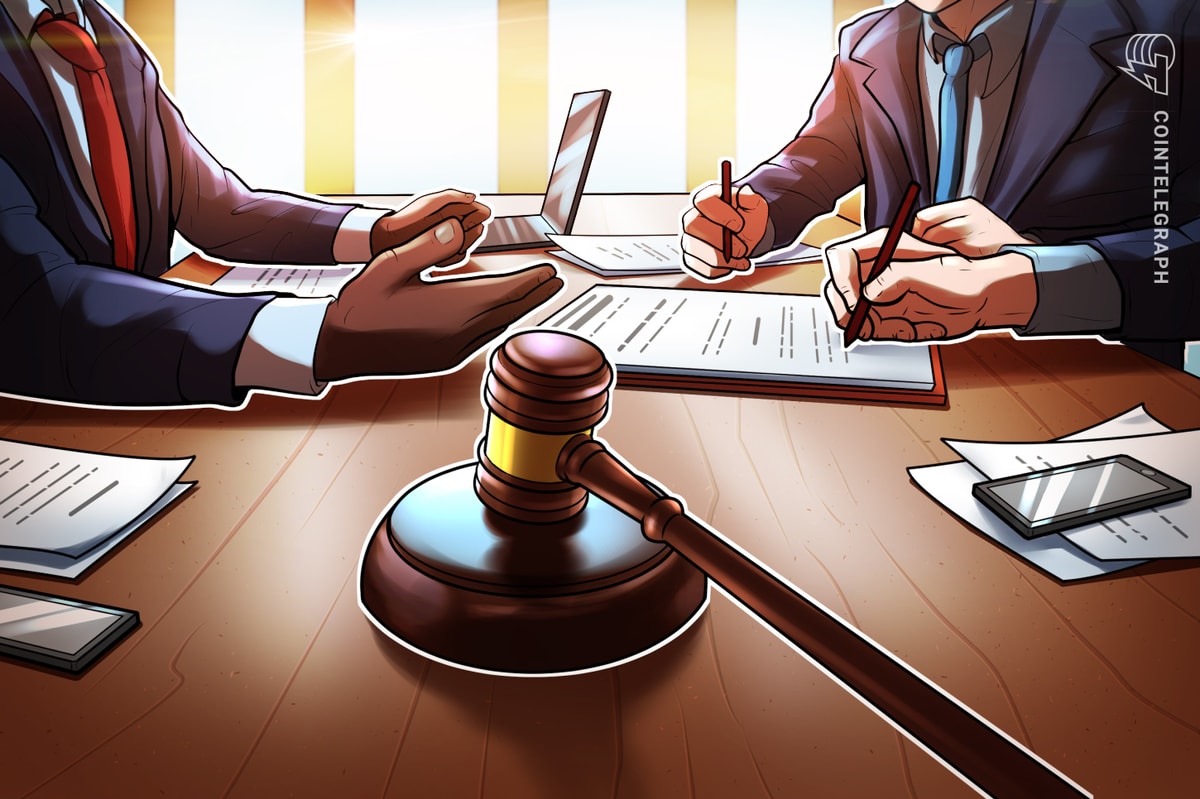Limewire, a popular peer-to-peer file-sharing website from the early 2000s that went defunct in 2010, is making a reentry in the market with a digital collectible marketplace at the hands of its new owners.
In an official announcement on Wednesday, the platform revealed its plans to launch a nonfungible token marketplace focused on the art and music industry. The NFT marketplace is expected to launch in May, and an official NFT with a token reward system is due later this year.
The marketplace will be fully curated and is launching with major artist partnerships from the music industry. LimeWire has also partnered with Algorand for cost and energy-efficient minting.
Brothers Paul and Julian Zehetmayr bought the rights of the company with hopes of reviving the brand in the Web3 era. Given LimeWire’s connection with the music (it was primarily used for downloading pirated songs) industry, the new era for the brand will be focused on supporting artists and the music industry.
The CEO brothers addressed the controversial past of the platform and claimed it was one of the key reasons for them to revive the brand and support true artists and their content.
Related: Crypto.com airdrops LeBron James NFT collection to eagle-eyed Super Bowl ad viewers
“LimeWire is returning as a platform for artists, not against them. On LimeWire, the majority of the revenue will go directly to the artist, and we will be working with creators to allow full flexibility, ownership and control when it comes to their content.”, said Julian.
Limewire’s controversial past had been the reason for several lawsuits from music labels and the founder of the platform Mark Gorton agreed to pay $105 million as a penalty to record labels for copyright infringement in May 2011.
The CEOs of the firm stressed that the relaunch is focused on making things right and building a digital collectible marketplace for the music community.











